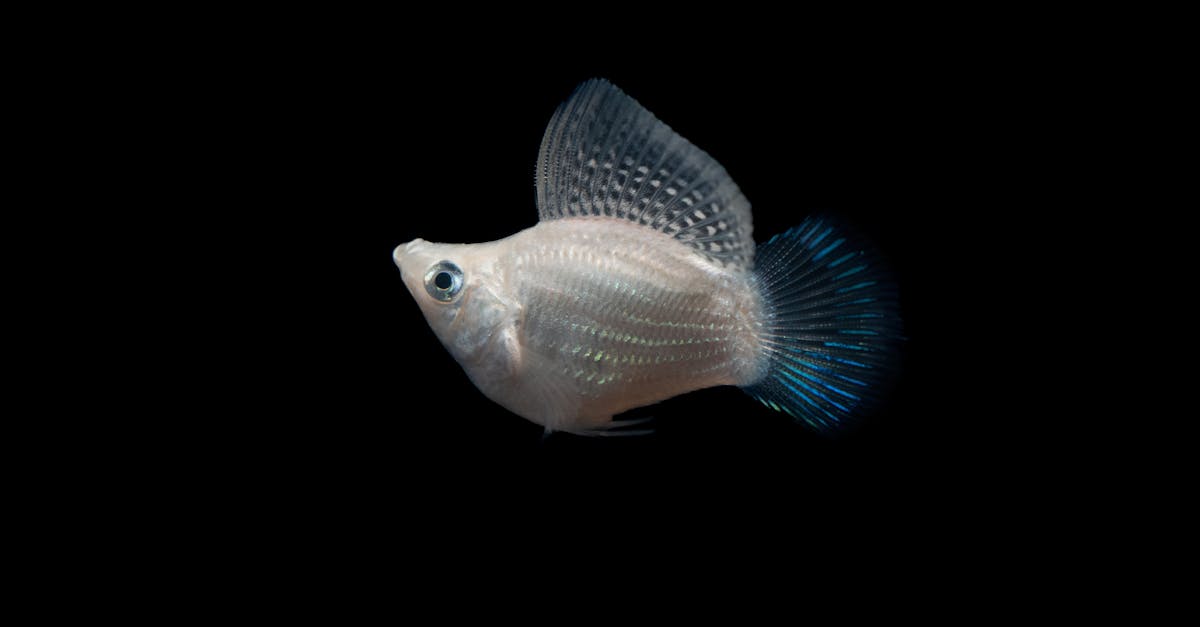Spaying or neutering your rabbit is an important decision for their health and well-being, but it’s natural to feel unsure about the right timing. As a pet owner, you want to do what’s best, and understanding when to spay or neuter your rabbit can make a big difference in their quality of life. Let’s dive into the details to help you make an informed choice.
🩺 Vet Recommendations
Spaying or neutering your rabbit is a common veterinary procedure that prevents unwanted pregnancies and helps avoid certain health and behavioral issues. But the timing of this surgery is crucial to ensure safety and effectiveness.
For most rabbits, the ideal age to spay or neuter is between 4 and 6 months. At this age, rabbits are reaching sexual maturity but are still young enough to recover quickly from surgery. However, there are some important factors to consider:
- Male rabbits (bucks) can typically be neutered as early as 3.5 to 4 months, once their testicles descend.
- Female rabbits (does) are usually spayed closer to 5 to 6 months of age, as their reproductive organs are more developed by then.
- Smaller rabbit breeds may mature faster than larger breeds, so their timing might differ slightly.
Always consult with a rabbit-savvy veterinarian to determine the best timing for your pet, as their breed, size, and health status can influence the decision.
📋 Care Tips
Preparing your rabbit for spaying or neutering and supporting them afterward is essential for a smooth experience. Here are some practical care tips to keep in mind:
- Schedule a pre-surgical exam to ensure your rabbit is healthy enough for the procedure.
- Follow your vet’s instructions about fasting before surgery. Unlike cats and dogs, rabbits typically shouldn’t fast because their digestive systems need to keep moving.
- Create a comfortable recovery area with soft bedding and easy access to food, water, and a litter box.
- Monitor your rabbit’s eating, drinking, and bathroom habits closely after surgery, as any changes could indicate complications.
- Limit your rabbit’s physical activity for about 10 days post-surgery to allow proper healing.
Rabbits are prey animals and may hide signs of pain, so keep an eye out for subtle changes in behavior, such as lethargy or reduced appetite. If you notice anything concerning, contact your vet immediately.
✅ Do’s and Don’ts
To ensure the best outcome for your rabbit, here’s a quick list of do’s and don’ts for spaying or neutering:
- Do choose an experienced exotic animal vet familiar with rabbit surgeries.
- Do ask your vet about pain management options for post-surgical care.
- Do keep your rabbit warm and stress-free before and after surgery.
- Don’t delay the procedure if your rabbit is reaching sexual maturity, as waiting too long can increase health risks.
- Don’t introduce your rabbit to other rabbits immediately after surgery, as they’ll need time to recover fully.
Spaying or neutering your rabbit not only prevents unexpected litters but also reduces the risk of reproductive cancers, which are common in unspayed females. It also helps with behavioral issues like spraying, aggression, and mounting, making for a happier and healthier pet.
💡 Expert Advice
While the general age range for spaying or neutering is 4 to 6 months, every rabbit is unique. It’s essential to consult a veterinarian experienced with rabbits to evaluate your pet’s specific needs. If you’ve adopted an older rabbit who hasn’t been spayed or neutered, don’t worry—it’s often still possible to perform the surgery in healthy adult rabbits, although the risks may be slightly higher.
Early intervention can prevent serious health problems down the road, but it’s never too late to provide your rabbit with the benefits of spaying or neutering. By working closely with your vet and following their advice, you’ll give your furry friend the best chance at a long, happy life.
FAQs
Q: Why is spaying or neutering important for rabbits?
A: Spaying or neutering helps prevent reproductive cancers, reduces unwanted litters, and minimizes behavioral problems like spraying or aggression.
Q: Is it safe to spay or neuter an older rabbit?
A: Yes, as long as your rabbit is healthy, spaying or neutering can still be done in older rabbits. Your vet will assess the risks and benefits based on your rabbit’s age and condition.
Q: How long does it take a rabbit to recover from spaying or neutering?
A: Most rabbits recover within 7 to 10 days. During this time, it’s important to monitor their eating, drinking, and activity levels closely.
Book a $49 online vet consultation at https://www.dialavet.com for fast, expert advice.





















%2520(1).png)


